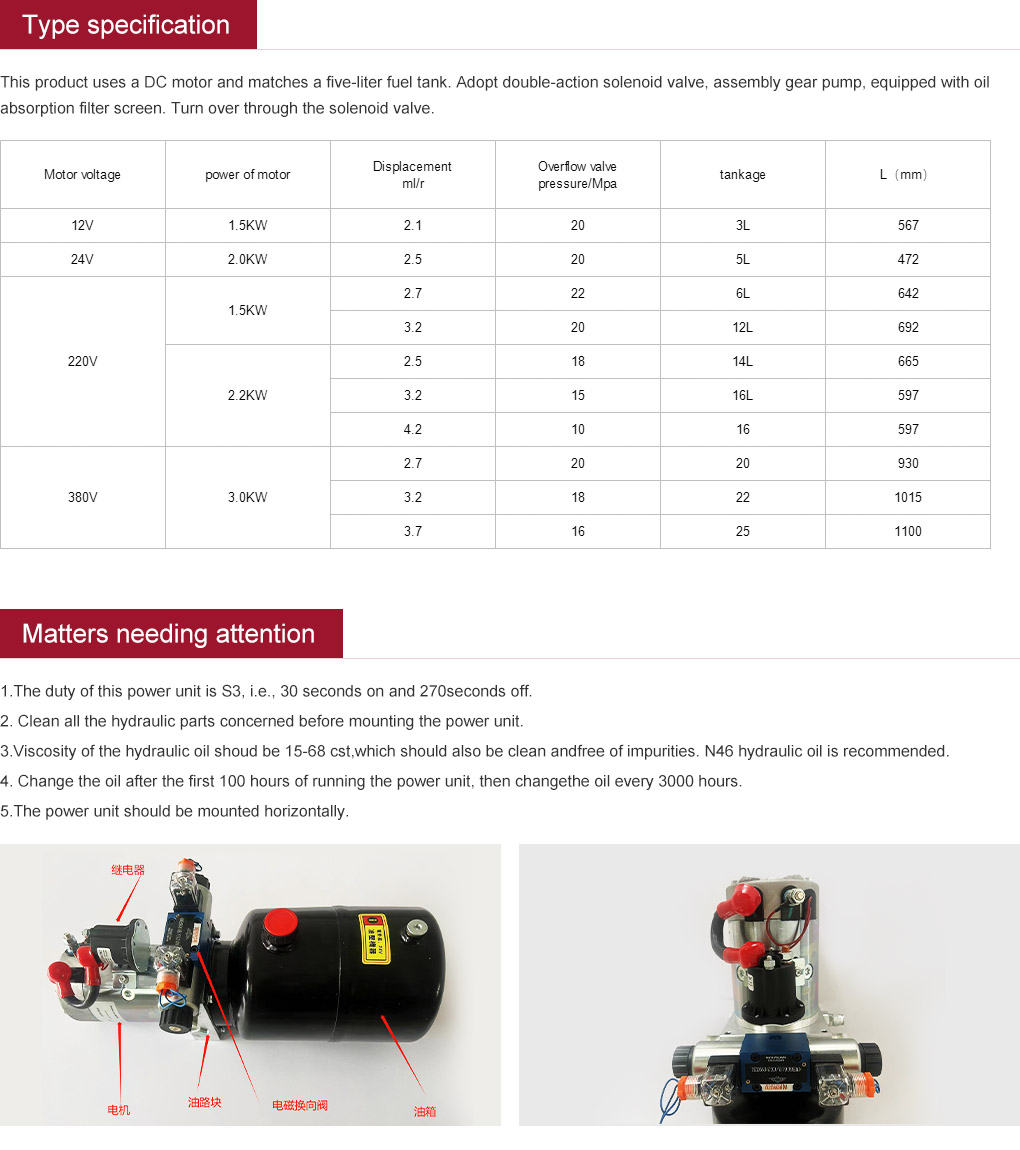Aug . 14, 2024 11:26 Back to list
Hydraulic Cylinder Suppliers Specialized in Manufacturing Components for Dump Truck Applications
Hydraulic Cylinders for Dump Truck Manufacturers
Hydraulic systems play a crucial role in the efficient operation of various machinery, particularly in the realm of heavy-duty vehicles like dump trucks. Central to these systems are hydraulic cylinders, which are instrumental in performing the lifting and tilting functions essential for effective material handling. Given their significance, manufacturers of hydraulic cylinders for dump trucks must focus on quality, innovation, and durability to meet the rigorous demands of the construction and transportation industries.
Importance of Hydraulic Cylinders in Dump Trucks
Hydraulic cylinders convert hydraulic energy into mechanical energy, which is vital for the operations of dump trucks. In these vehicles, hydraulic cylinders enable the tipping mechanism, allowing the truck bed to lift vertically and unload materials such as gravel, sand, or debris. This mechanism not only enhances efficiency but also improves safety by streamlining the unloading process, reducing the need for manual intervention.
The functionality of a dump truck relies heavily on the hydraulic cylinder's performance. These cylinders are designed to withstand high-pressure environments and must be manufactured with robust materials to ensure they can handle the stresses associated with heavy loads. Properly designed hydraulic cylinders lead to greater reliability and less downtime, which is critical in construction and mining operations.
Key Features of Quality Hydraulic Cylinders
When selecting hydraulic cylinders for dump trucks, several features should be prioritized. First and foremost, the material used in manufacturing plays a crucial role in the durability of the cylinder. High-strength steel or alloy materials are commonly used to provide the necessary toughness and resistance to wear and corrosion.
hydraulic cylinder for dump truck manufacturers

Additionally, hydraulic cylinders must be designed with precision to ensure smooth operation under varying loads. This includes considerations for the diameter of the bore, the length of the stroke, and the type of seals employed. A well-designed cylinder will not only achieve optimal performance but also minimize leaks and maintenance costs over time.
Another important aspect is the type of hydraulic fluid used. Manufacturers must provide guidance on selecting the appropriate fluid that can operate effectively across a range of temperatures and conditions. A cylinder that works well with the right hydraulic fluid will enhance the overall efficiency and longevity of the dump truck.
Innovations in Hydraulic Cylinder Manufacturing
The hydraulic cylinder manufacturing industry is continuously evolving with technological advancements. Manufacturers are increasingly adopting automation and robotics to enhance precision and efficiency in production processes. Additionally, advancements in computer-aided design (CAD) systems allow for more sophisticated simulations and testing, resulting in superior product design.
Moreover, there is a growing emphasis on sustainability within the industry. Many manufacturers are now focused on reducing their environmental footprint by selecting eco-friendly materials and implementing energy-efficient production methods. This commitment to sustainability not only meets regulatory requirements but also appeals to environmentally conscious customers.
Conclusion
In conclusion, hydraulic cylinders are indispensable components in the operation of dump trucks, significantly impacting efficiency and safety in material handling. Manufacturers of these cylinders must prioritize durability, precision engineering, and innovation to meet the ever-increasing demands of the market. As the industry continues to evolve, embracing new technologies and sustainable practices will be critical to ensuring that hydraulic cylinders remain a vital part of the heavy equipment landscape. For dump truck manufacturers, investing in high-quality hydraulic cylinders is not just an operational need; it is a strategic move that can enhance productivity, reduce maintenance costs, and ensure a safer working environment.
-
1.5 Ton Flipping Oil Cylinder 70/82-40-217-720-Hebei Shenghan Hydraulic Machinery|Precision Hydraulic Cylinder,Custom Hydraulic Solutions
NewsAug.29,2025
-
1.5 Ton Flipping Oil Cylinder 70/82-40-217-720 | Hebei Shenghan Hydraulic Machinery Co., Ltd.
NewsAug.29,2025
-
High-Precision [90/105-50-180-480] Industrial Component | Durable & Reliable
NewsAug.27,2025
-
High-Performance Set of 50/60-45-290 471 | Durable & Reliable Components
NewsAug.26,2025
-
Efficient Pallet Truck Power Units - Reliable Hydraulic Systems
NewsAug.25,2025
-
Premium Set of 50/60-45-290 471 Parts | High Performance
NewsAug.24,2025
